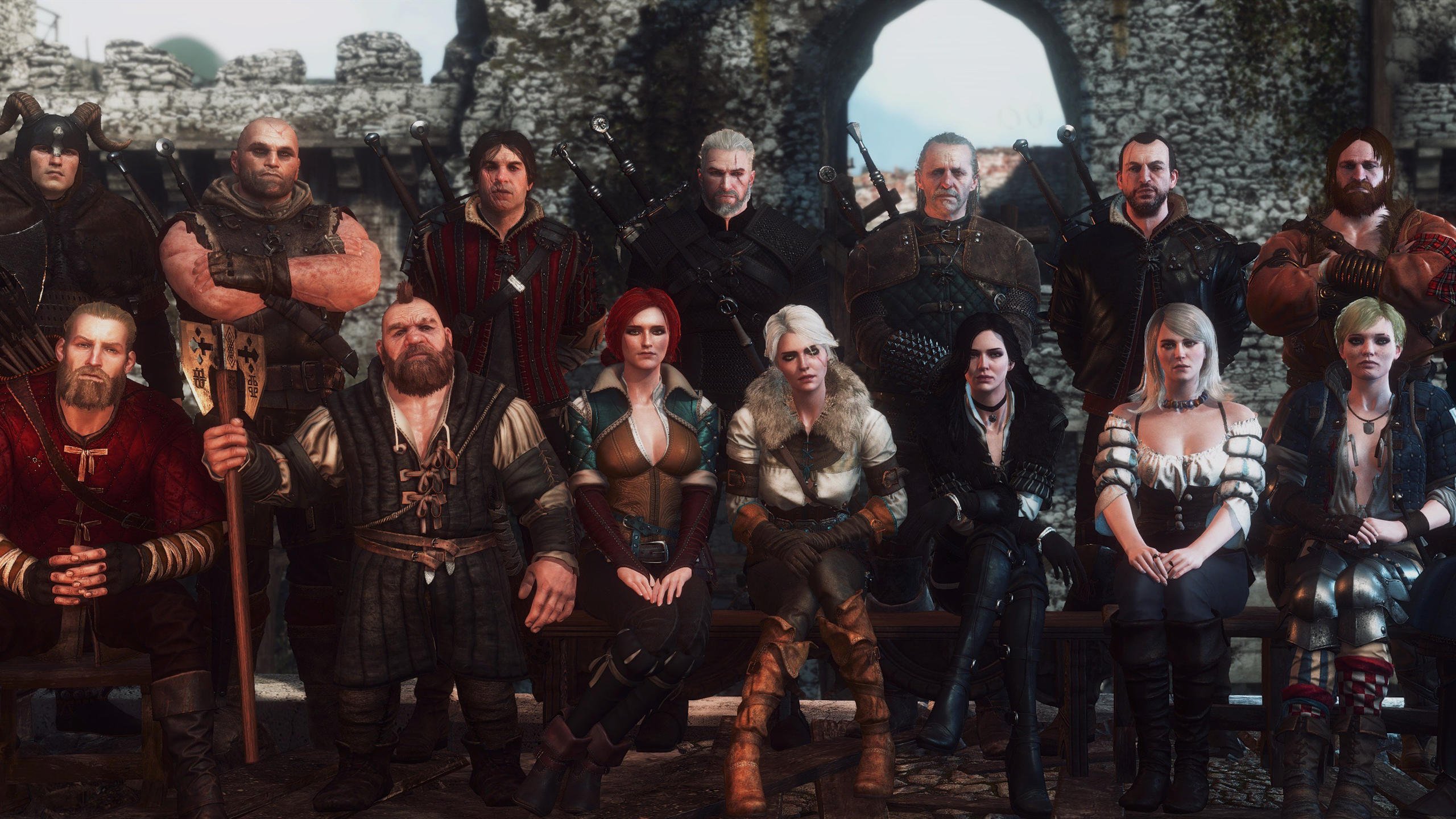澳门资料大全的深度指南
立 based on the 626969 that flows through the heart of Macau, the spatial and temporal confluence of European, Chinese, and Portuguese cultures has produced a unique tapestry that seamlessly fuses modernity with its past. This bold mix makes the special administrative region (SAR) of the People’s Republic of China, one of the most captivating destinations for travelers from around the world. This comprehensive guide to Macau provides a panoramic view of the island’s history, culture, sights, activities, and must-visit attractions.
Preface: A Synopsis of Macau’s Significance
Macau, nestled at the southern tip of the Chinese Pearl River Delta, has been an integral part of China since 1999 when it was handed over to the Chinese government from Portuguese rule. However, its rich history spans centuries, intertwining stories of commerce, exploration, and a blend of cultures. It was once known as a staging ground for Eastern and Western trade in the spice trade era and later emerged as a hub for gambling and tourism, thanks to its Las Vegas-style casinos, drawing millions of visitors each year.
This Mexico City-size territory’s evolution can be traced through various landmarks and icons that stitch together layers of time. In this guide encapsulated under the “Macau 626969” ideology—a reference to its unique blend and progression across time—we explore the diverse facets of this exhilarating travel destination.
Historical Hues: The Past in Every Corner
One couldn’t deny the weight of history resting beneath the feet in Macau. The A-Ma Temple (Guang Tou Si), built in the 15th century, still stands as a testament to China’s ancient sea goddess worshipping tradition. The most iconic example of Portuguese architecture in China, Saint Paul's Ruins, languishes in sentimental decay as reminders of Portugal's colonial past. Walk around this area, including Rua do Conselheiro Gomes Teixeira—a pedestrian street boasting a zip line across it—and discover more historic relics like the distinct Sao Bendito Church, campos located on the northern slope close to Varandas de St Paul Hostel & Hotel.
Economic Pulse: A Gambling Nexus
Gambling is synonymous with Macau. The flourishing gambling industry is arguably one of Macau's major economic drivers today. The Casino Das Profuções grounds replicate Macau’s Vegasesque ambiance, while smaller operators like SJM Resorts casino offer striking contemporary designs jam-packed with entertainment amenities. For some serious high-stakes excitement, head to Galaxy Macao, Sands Cotai Central, or Wynn Palace—they are beastly in size, scale, and services rivaling those in Vegas. For non-gambling tourists or game enthusiasts seeking respite from card tables, there's the open-air night-market (Avenida das Amphoras) filled with goods to buy, food stalls overflowing with local and international treats.
Cultural Intersection: Blending Temples and Nightlife
At the heart of Macau lies a blending of sacred and secular: you’ll find temples still matching strides with swanky shops and venues catering to every whim. The Kadrom Church, an impressive example of Art Deco architecture, mixes nostalgia with modernity; as does the Anchietas Church alongside it. Further onto Rua de Sebastião de Monteiro, you'll find undeniable pre- and post-colonial charm coexisting with lush neon lights of gambling dens.
Traversing into the bustling downtown area gateways of Senado Square and Taipa and Coloane Villages allows you to appreciate the harmonious blend that also includes Chinese shophouses—thus becoming appreciative of another unique aspect of Macau’s diverse culture: its preservation efforts. Traditions are deeply cherished; distinct architectural styles from Mandarin houses to Portuguese tile roofs manifest everywhere you look—snuggled between salubrious cafes and artisan boutiques specializing in ceramics or handicrafts recalling Macau's ancient heritage.
The Macau Cultural Centre offers an immersive perspective into Macau's linguistic mosaic through exhibitions showcasing local writers, visual artists and musicians. Elsewhere in Avenida da Amizade, the Louvre Museum Macao brings another art sensation onto this cultural melting pot dedicated to French influences on China. At Artisantica in Taipa Village alongwith Fotografica are other destinations where one can delve into Macau's historic lenses.
Dining Delights: From Rare Feasting to Street Cuisine
Foodies should seek out Fortuna Do Son—a dazzling food market where everyone can gratify their culinary cravings—from seafood to local delicacies like lo mein beancakes and abrasivos. This unique culinary experience highlights Macau’s hyphenate nature—you may find bars selling poke bowls beside Cantonese cooking workshops while Portuguese wine tastings match foods that are indigenous to both portsides.
In keeping with traditional roots practices or embracing gourmet trends from around the globe that tickle your taste buds! Trendy places like Noodle House for Japanese soba noodles or Café de Paris offering refined French fine dining, all make for authentic yet fabulous dining options that can adjust together for all tastes-- whether you are craving local classics or looking for culinary adventures preparatory back into Portugal with a visit at Quinta do Sol Restaurant described as "Macau's flagship restaurant," ready to savor Portuguese dishes served up by skilled Iberian chefs under Jospé Amanuel Pires' watch.
Adventure Outdoors:
Coloane Nature Reserve offers an escape from bustling city life providing spacious green lungs where you can revel in hiking trails during sunset strolls alongside seaside paths scenic ocean views during sunbathing sessions alongside children’s play areas making family visits special yet educational experiences too as they learn about how nature works around them with engaging animal encounters including macaws peacocks parrots otters rabbits meerkats and caged cheetahs at Wildlife Resort Coloane Children’s ZSL educational zoological learning center . Follow this decline up at beachgoer paradise which connects points in turns both mainland gua shan ( Kem Beaches close link exists with quot Point ) known namely fishing village Ramontch which maintains scrawny but still active fishing tradition enveloped inside picturesque scenery greatly appreciated being isolated inside country corner tips visitor rundowns here welcome relaxation amongst regular tide lap than masses sure enough when compared compared Singapore Thailand nor even Europe - just compare on time spot where real inexpensive costs are concerned!










还没有评论,来说两句吧...